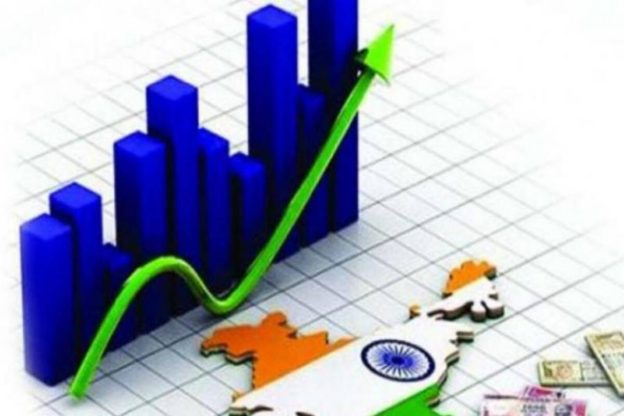World Bank says growth in India will be affected due to worsening supply bottlenecks and rising inflation risks caused by the Ukraine crisis.
India’s economy is expected to grow by 8% in financial year 2022-23 (FY23), the World Bank has said in its latest report. The current projections are lower than the 8.7% GDP forecast by the World Bank earlier. The global bank, in its twice-a-year regional update, has said growth in India will be affected due to “worsening supply bottlenecks and rising inflation risks caused by the Ukraine crisis”.
In India, the recovery in household consumption will be constrained by the incomplete recovery in the labour market and inflationary pressures weighing on households’ purchasing power, the World Bank report said. “High oil and food prices caused by the war in Ukraine will have a strong negative impact on peoples’ real incomes,” said Hartwig Schafer, World Bank Vice President for South Asia.
The report said the negative impact of the war in Ukraine on FY23 growth is expected to be moderate, so growth will begin to taper off in the second half of 2022.
The World Bank thinks the travel services balance in India may improve as international flights have resumed. The exports of computer and professional services are expected to remain strong, it said.
The World Bank also said that “consumption will again make the largest contribution to domestic demand in 2022 and 2023”. “Private consumption growth in 2022 will be about the same as during the pre-pandemic period at 6.5%,” the World Bank said.
On the other hand, inflation is expected to rise in 2022, the WHO said, adding that inflation is expected to rise in all countries in 2022 and reach double digits in Pakistan and Sri Lanka before subsiding in 2023.
Though GDP growth continues to be solid during the recovery, all countries in the region will face challenges ahead. “In India, household consumption will be constrained by the incomplete recovery of the labour market and inflationary pressures,” the report said.
The World Bank’s forecast comes after the Reserve Bank of India (RBI) revised India’s GDP (Gross Domestic Product) forecast downward to 7.2% for FY23. The RBI’s forecast is lower than the previous real GDP forecast of 7.8% for the current fiscal.
The RBI’s GDP forecast was in line with the finance ministry’s assessment, which said that persistent high crude oil prices for a long time may come in the way of 8% GDP growth in FY23.
For Pakistan, the World Bank raised the GDP forecast for the current year ending June to 4.3% from 3.4%. For the next fiscal year, Pakistan is projected to grow at 4%, the outlook for which has been kept unchanged.
For Sri Lanka, the growth for 2022 is estimated at 2.4%, though the debt and balance of payments crisis and widespread shortages make any forecast highly uncertain. In Nepal, GDP is projected to grow by 3.7% in FY21/22, led by the recovery of the services sector and a strong outlook for remittances.
https://cfo.economictimes.indiatimes.com/news/world-bank-cuts-indias-gdp-forecast-to-8-for-fy23-amid-ukraine-crisis/90834201





